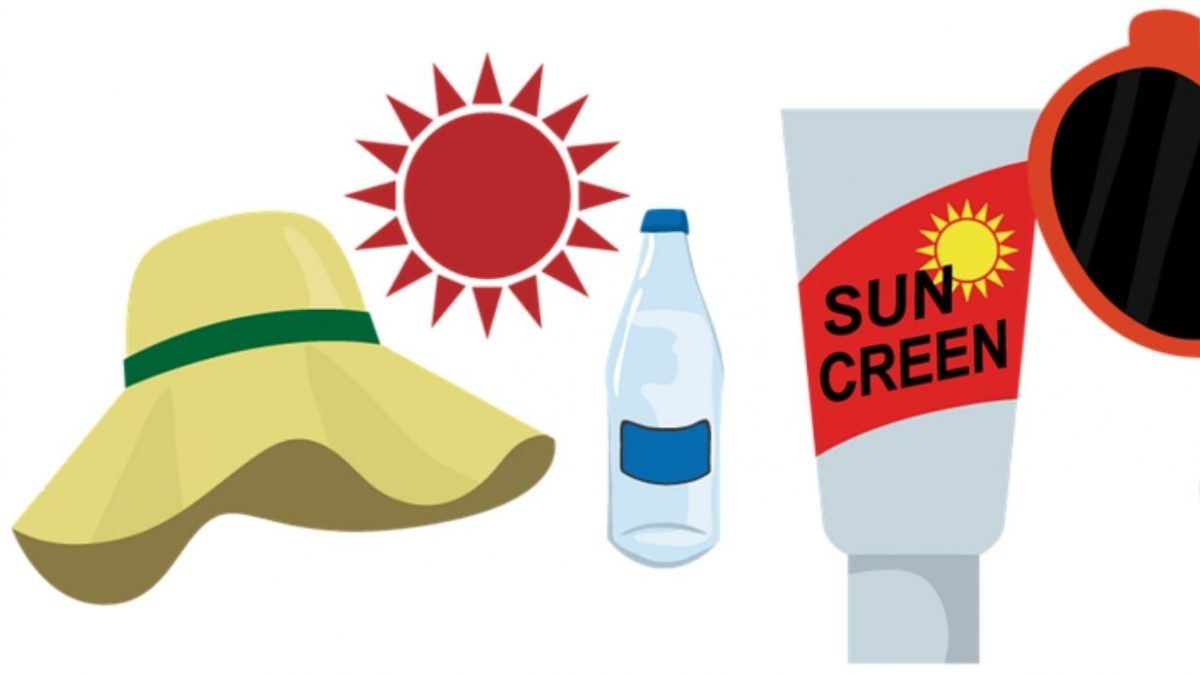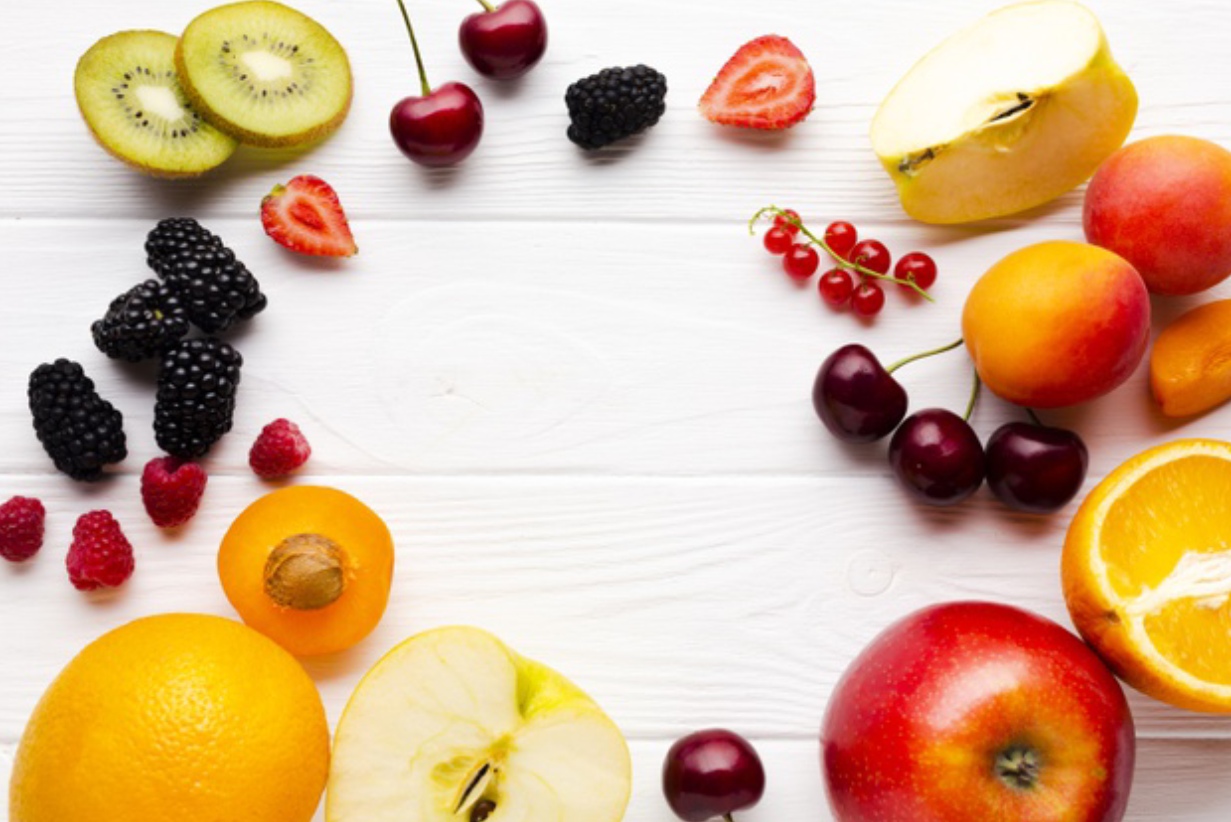Sun & Sunscreens
Be smart when exposed to the sun. Get anti-oxidized!
During the winter, you should be exposed to the sun for half an hour per day with your arms and feet bare. This dose of solar radiation is enough for vitamin D, which is vital for healthy bones, to be composed.
It also acts as an anti-depressant.
A little sun is enough to feel better, to get warm, to have our metabolism stimulated, for wounds and injuries to heal faster, for our skin to look fresher, for our movements to quicken, to smile more, to feel optimistic… and to gain from many other benefits the sun offers. We Greeks know this very well. When the sun is hiding, we look forward to it again so that our mood changes for the better.
However, summer sun can be “fatal” during midday.
Exposure to the sun acts in a cumulative way. The extended exposure to the sun causes sunburns, photoaging and skin cancer. With regard to skin cancer, melanoma is – statistically – the most dangerous type of cancer.
Follow the rules of HEALTHY SUN.
As mentioned above, during the winter get some sun for half an hour per day with your arms and feet bare.
During the summer, between 11:00 – 15:00 in the afternoon we have to protect ourselves under the shade of a tree with thick foliage.
We wear a big brim hat with tight weave and preferably of a light colour.
We cover our body with white cotton clothes (SPF 5) as much as possible.
We wear “smart” sunscreens.
We follow a diet for sun-protection and anti-oxidation.
SOLAR RADIATION
UVA radiation penetrates the skin (up to 1mm) and tans it within a few hours. It destroys the skin’s collagen and elastin, resulting in early ageing. It is responsible for skin cancer.
UVB causes burns and slow tanning. It penetrates 0.5mm into the skin, causing pre-cancerous damages and skin cancer.
UVC radiation reaches earth in small rates, since it is retained by ozone. This causes changes in the genetic material of cells.
SUNSCREENS & SUN PROTECTION FACTOR
In the market, there are lots of products that claim to protect from the sun. Lotions, sprays, creams, waters, gels, oils, shampoos, hair creams etc. Evidently, the best protection is provided by products in emulsive form, such as creams or milks.
The sun protection factor is a number indicated on the product and means that the skin can withstand the sun more depending on this number. For instance, SPF15 means that someone wearing this product can stay under the sun up to 15 hours without suffering sunburn.
Sunscreen protection
SPF 5 – 80% protection
SPF 8 – 89% protection
SPF 15 – 93% protection
SPF 20 – 95% protection
SPF 30 – 98% protection
SMART SUNSCREENS
Sunscreen must be renewed every 2 hours at least. If this is not done, it is like it was never applied in the first place. Within 2 hours, the sunscreen has been oxidised, so the repetition protects the skin hence. It is even better if filters are removed using a skin cleaning lotion so that the sunscreen is applied on clean skin.
Simple protection with filters is not enough. Skin protection is achieved using anti-oxidants These protect the skin from the catastrophic effects of free radicals. These are the vitamins A, E, C, the co-enzyme Q10, the alpha-linolenic acid, the glutathione etc.
The combination of anti-oxidants with filters result in better photoprotection.
Organic filters absorb the harmful UV rays, inorganic filters reflect and diffuse rays while natural filters provide protection against UVA radiation.
The combination of the three types of sunscreen filters with lots of anti-oxidants offer the optimum protection. This is the modern, smart sunblock.
According to the new European legislation, as from this year apart from the SPF a new factor called PA, which has to do with UVA protection, will be indicated on relevant products.
TIPS FOR PROTECTION & ANTI-AGEING
We use a sunscreen the whole year round, in the morning and during the day.
We apply the sunscreen half hour before exposure to the sun.
The quantity used has to be enough so that no part of the skin is left without protection.
Its application must be renewed every 2 hours after the skin is cleansed.
During the summer months, avoid the sun at noon and in early afternoon.
At night, remove the filters. Sleep with your skin clean and use night products.
Drink lots of water and fruit/vegetable juices.
Eat lots of fruits and vegetables.
Use smart sunscreens.
Do not buy a product based only on its price. Learn what is the composition of every product you use. Read the product labels and ask about their ingredients, properties and action.
Lena Tsikouri
Beautician – Cosmetologist
Graduate of the Technological Educational Institute of Athens
(published on doctor4me.gr)






